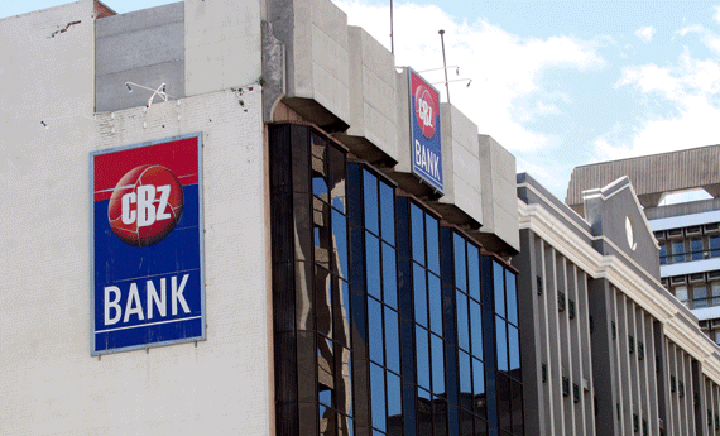Zimbabwe’s financial sector could come under great strain if government defaults on honouring maturing treasury bills, with local banks facing undercapitalisation and the economy facing a recession.
Statistics from the central bank show that the amount of TBs held by different institutions in the market, largely banks, increased by 20.25 percent from $2.079 billion held as at December 31, 2016 to $2.5 billion as at June 30.
Of the total TBs held in the market as at June 30, $843.2 million (representing 33.7 percent) were issued to finance government expenditure.
The Parliamentary Budget Office last week flagged the possibility of a default, warning that government was ‘creating more fictitious money’ through excessive issuance of TBs.
The consequences for the local banks will be dire.
A sample of balance sheets from different banks as at June 30, shows that for most banks, TB holdings are greater than bank’s core capital (tier 1) which is used to measure the capital adequacy of a bank.
Tier 1 capital measures the bank’s financial strength from a regulator’s point of view — the money that a bank has stored to keep it functioning through all the risky transactions such as trading or investing and lending.
The sample includes CBZ which has a core capital of $139.5 million and TB holdings worth $814.5 million on its balance sheet, implying that the amount of government paper the bank holds is 5.8 times its core capital.
CABS also has a core capital of $104.95 million and holds TBs worth $131.57 million on its balance sheet, implying that the amount of government paper the bank holds is 1.3 times its core capital.
Additionally, Ecobank which has a core capital of $101.8 million, holds TBs worth $90.7 million on its balance sheet, implying that the amount of government paper the bank holds is 0.9 times its core capital.
Continued next page
(598 VIEWS)
